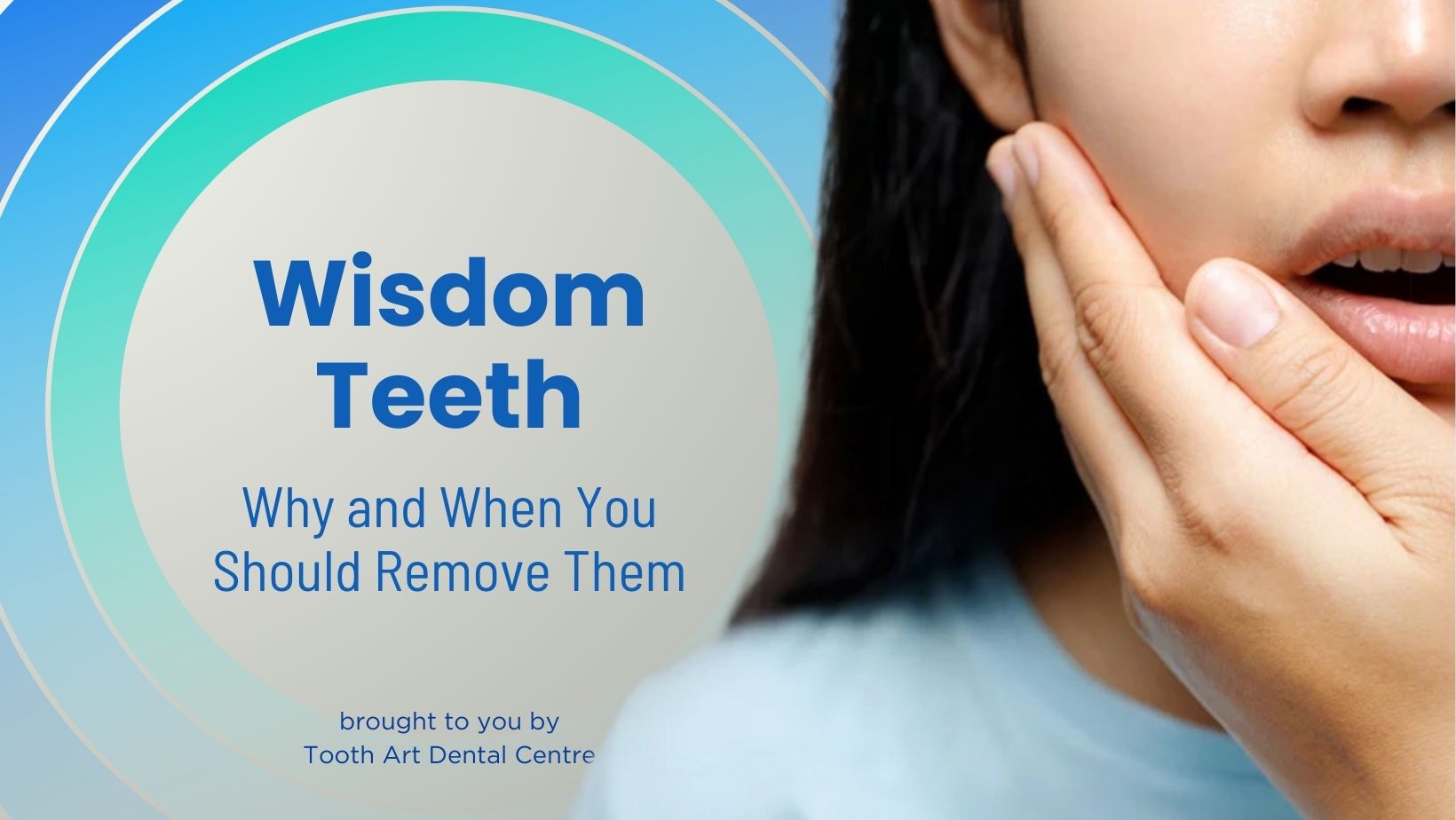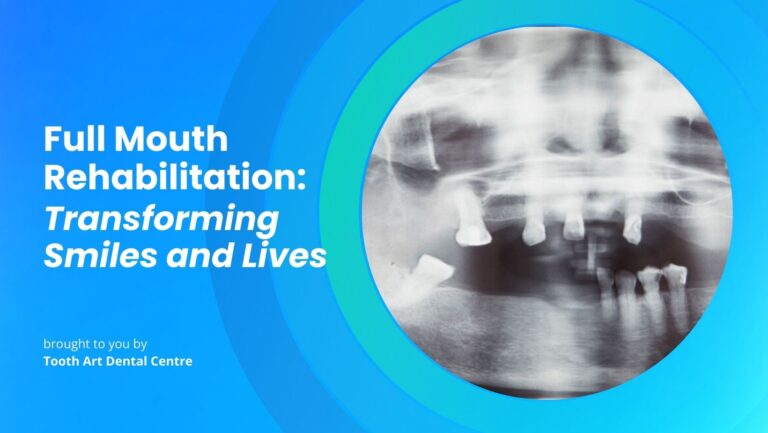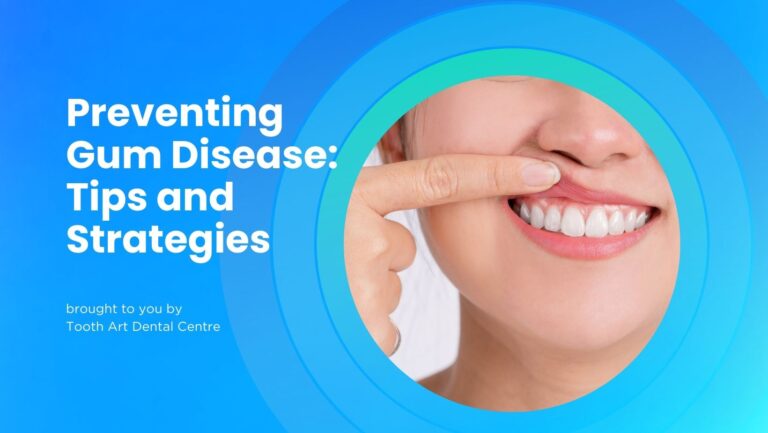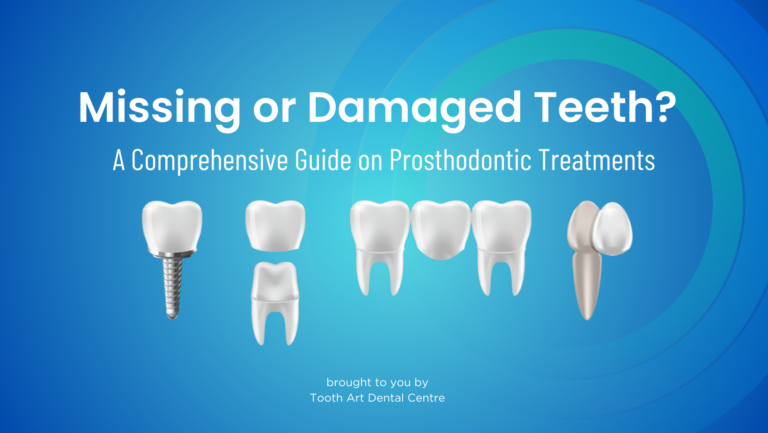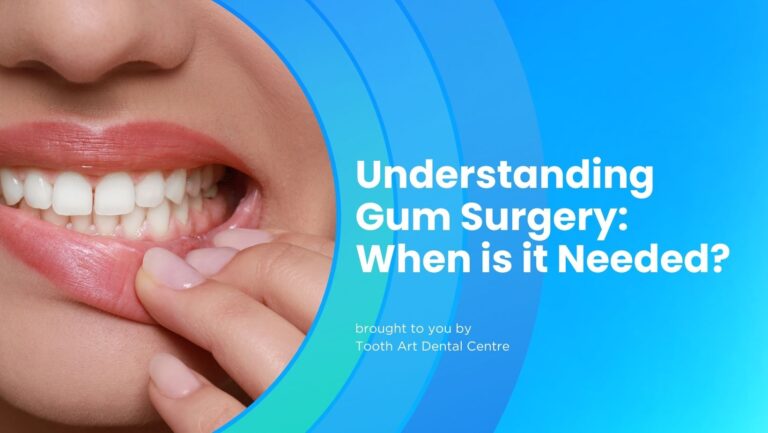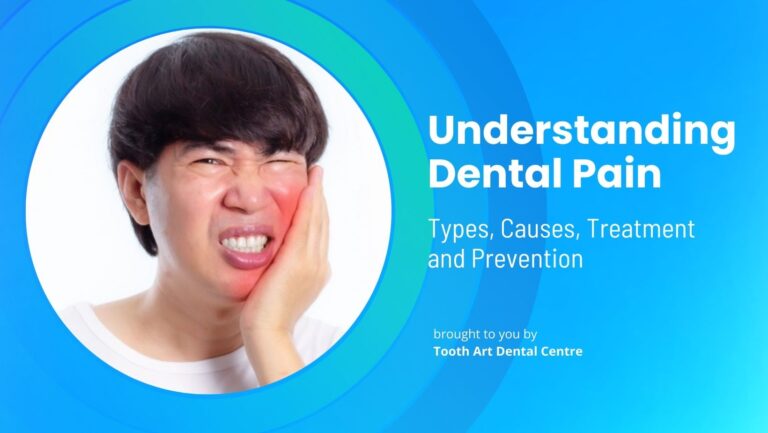Wisdom Teeth: Why and When You Should Remove Them
During our growing years, it’s common to hear that wisdom teeth are a symbol of wisdom. In reality, wisdom teeth are the third molars located at the back of the mouth. The term ‘wisdom teeth’ stems from their tendency to appear later in life, usually between 17 and 21 years of age. Often, this late emergence is mistakenly associated with maturity or ‘wisdom.’ However, in truth, it’s merely a natural stage in dental development that we all experience at some point.
If you are experiencing newly erupted wisdom teeth, it’s easy to overlook them, especially if they’re not causing immediate discomfort. However, this lack of concern can lead to significant dental issues later on. For many, wisdom teeth remain an unseen risk that may cause more serious dental issues in the long term.
Potential Issues Caused by Wisdom Teeth
- Impaction and Crowding: When there isn’t enough space in your mouth, wisdom teeth can become impacted, meaning they can’t emerge properly. This can lead to crowding and misalignment of your other teeth.
- Pain and Discomfort: Even if they aren’t causing visible problems, impacted wisdom teeth can still lead to pain and discomfort as they struggle to find a pathway in a crowded mouth.
- Infection and Gum Disease: Partially erupted wisdom teeth can be breeding grounds for food trap resulting in bacterial infection and gum disease.
- Decay: Due to their hard-to-reach location, wisdom teeth are more susceptible to decay, which can adversely affect overall oral health.
- Dental Cyst: When a wisdom tooth is impacted and doesn’t fully emerge, a sac can form around it. This sac may accumulate fluid, leading to the development of a dental cyst. These cysts have the potential to cause infection, damage to nearby teeth and jawbone.
Concerned about Pain and Cost of Extraction? Fear not.
The thought of wisdom tooth extraction can be intimidating, especially concerning the pain and cost. However, modern dental practices offer various anesthetic options to ensure a comfortable experience. These include:
- Local Anesthesia: Numbs the area around the wisdom tooth, suitable for less complicated extractions.
- Sedation: This is often recommended for pain-phobic patients or for patients who wish to remove multiple wisdom teeth in one seating. It enables patients to be more comfortable and relaxed, and in some cases, unconscious during the procedure, ensuring a smoother and less anxiety-inducing experience.
- General Anesthesia: Used in complex cases, it allows you to be completely unconscious during the procedure.
Each option is tailored to the complexity of the case and the patient’s comfort level. The cost would vary depending on the procedure’s complexity and the type of anesthesia used.
The Importance of a Skilled Dental Specialist
Choosing a skilled dental specialist is crucial, especially for impacted wisdom teeth, which may manifest in a variety of ways. A proficient dentist or oral surgeon can significantly reduce the potential risks of the procedure, such as:
- Nerve Damage: A rare but serious complication that can occur if the wisdom teeth are very close to the nerves.
- Dry Socket: A painful condition that can occur if the blood clot at the extraction site is dislodged.
- Infection: Proper technique and post-operative care are essential to prevent infection.
An experienced clinician can anticipate and navigate these risks effectively, ensuring a smoother procedure and recovery.
While wisdom teeth may not bring wisdom, understanding their potential impact on your oral health is wise. Especially for young adults, it’s essential to monitor your wisdom teeth and seek professional advice. Don’t let the fear of pain and surgery deter you from addressing potential problems with your wisdom teeth. Regular 6-monthly dental check-ups can help monitor the development of your wisdom teeth and advise on the appropriate time for removal, allowing you to make informed decisions and stay on top of your oral health.
Schedule a consultation with our dental specialists today.
For more information, visit Tooth Art Dental Centre.

